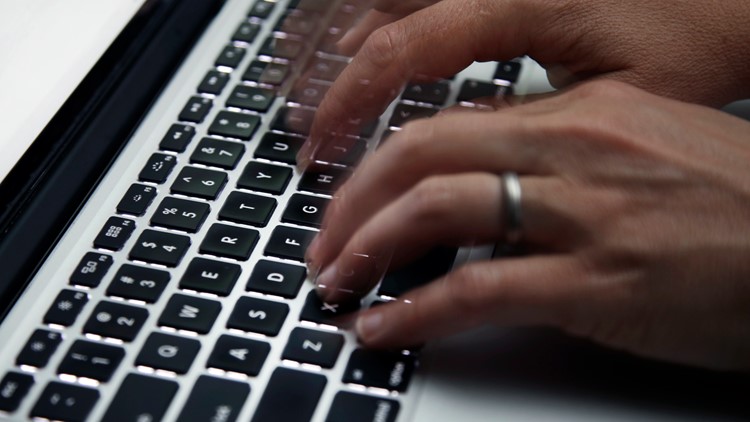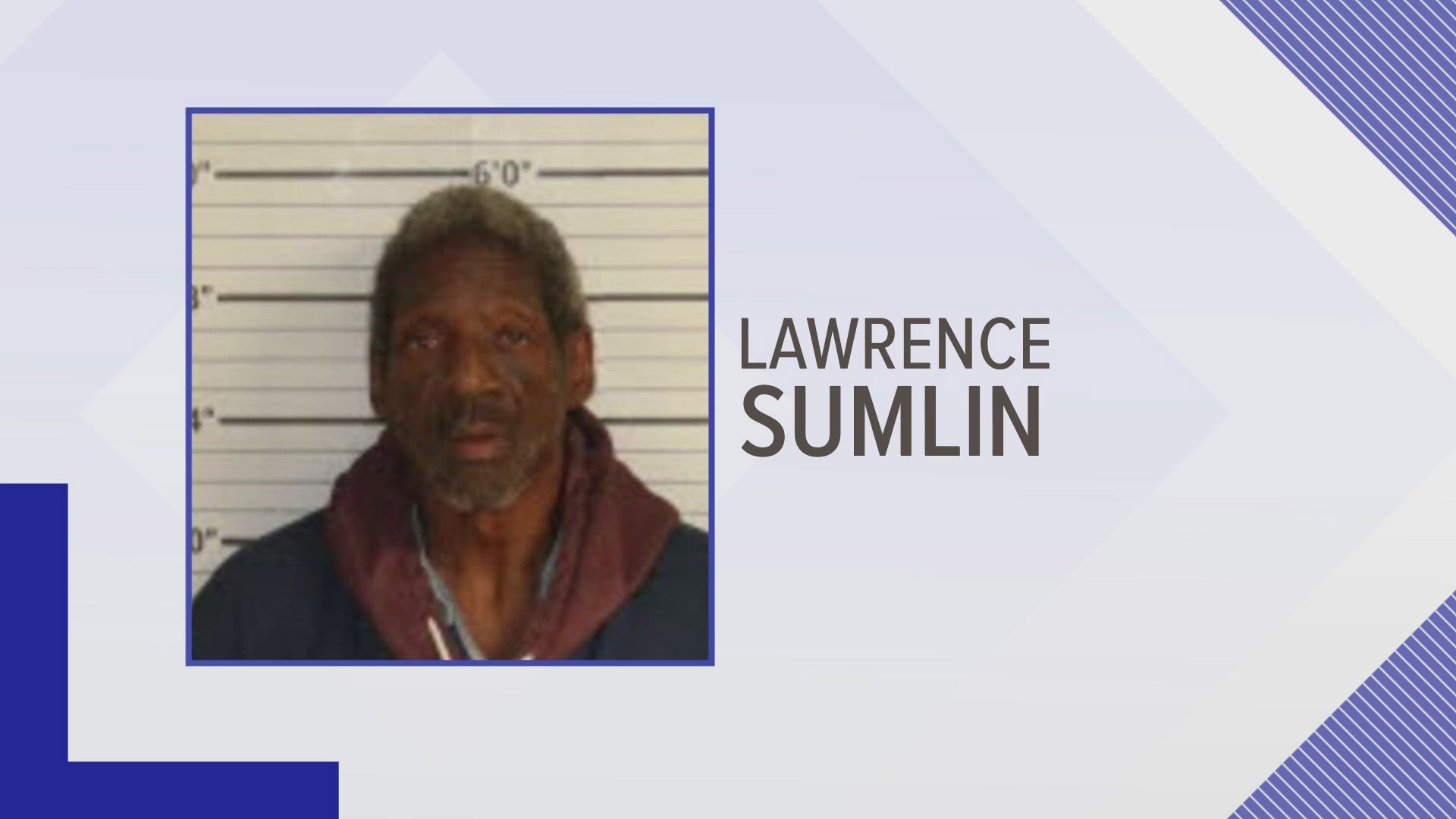WASHINGTON — A study from Carnegie Mellon University has found that a lot of the conversation on social media surrounding lifting coronavirus restrictions has been fueled by bots.
CMU researchers analyzed more than 200 million tweets that discussed coronavirus or COVID-19 since January and found that almost half of the accounts discussing "reopening America" might be bots.
Some of the factors that revealed what is a bot account include tweeting more than humanly possible and appearing in one country then in another a few hours later.
"We're seeing up to two times as much bot activity as we'd predicted based on previous natural disasters, crises and elections," said Kathleen Carley, a professor in the School of Computer Science’s Institute for Software Research.
The researchers found that of the top 50 most influential COVID-19 re-tweeters, 82% are bots.
The CMU team added that they can't specifically say who may be running the misinformation campaigns and there isn't enough info yet to develop a counter measure.
So what can the average user do to protect themselves from being influenced by a bot? Carley says some indications of a bot can include sharing links with subtle typos, many tweets coming out very quickly, or a user name and profile image that don’t seem to match up.
"Even if someone appears to be from your community, if you don't know them personally, take a closer look, and always go to authoritative or trusted sources for information," Carley said. "Just be very vigilant."



